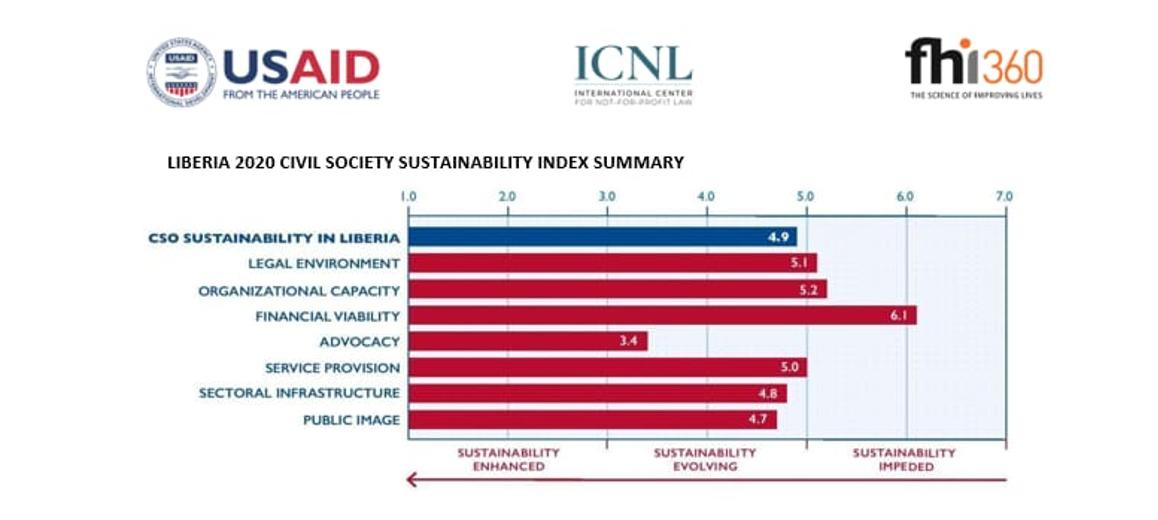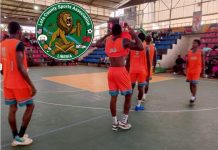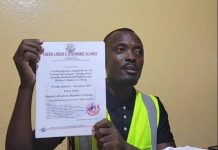
Africa-Press – Liberia. Liberia confirmed its first COVID-19 case in March 2020. President George Weah declared a state of emergency on April 8, which the legislature approved for sixty days. Under the lockdown, schools and houses of worship were closed, and people could leave their homes only for medical purposes or to obtain essential commodities. As the number of cases increased, the state of emergency was extended into the summer.
In collaboration with the United Nations (UN) World Food Program, the government established an LRD 5 billion (approximately $25 million) Household Food Support Program to help socially disadvantaged groups in Liberia’s fifteen counties who were affected by the pandemic.
The number of rape cases in Liberia increased exponentially in 2020, not only because of the pandemic but also because of the low rate of conviction of those charged with the crime. In September 2020, largely in response to CSO advocacy, the president declared the rapid increase
in rape a national emergency and established a security taskforce to oversee the fight against sexual and gender-based violence (SGBV), with an initial budget of LRD 400 million (approximately $2 million). Liberia’s banking sector continued to struggle in 2020. In May, the government filed corruption charges against former senior officials of the
Central Bank of Liberia who were involved in a scandal over the printing of banknotes in 2018. The National Legislature amended the law to give the Central Bank more operational autonomy and restore confidence in the banking sector. By December, however, chronic shortages of Liberian dollars strained the public’s ability to purchase essential goods and services in the country’s cash-based economy. In the mid-term senatorial elections in December 2020, citizens reacted to the economic hardship by voting against the ruling party, the Coalition for Democratic Change (CDC). Eight propositions, including a reduction in the duration of presidential and legislative terms, failed to pass in a referendum. Liberia’s real gross domestic product (GDP) was estimated by the African Development Bank to contract by 3.1 percent in 2020 because of the pandemic, coupled with currency depreciation, rising inflation, and a major decline in exports. An estimated 64 percent of Liberians live below the poverty line, and 1.3 million people live in extreme poverty, according to the World Food Program.
In June 2020, the International Monetary Fund approved a $50 million disbursement to help Liberia cope with the pandemic.CSO sustainability showed overall deterioration in 2020 compared to 2019. The legal environment weakened slightly as laws affecting CSOs were poorly implemented. CSOs’ organizational capacity was slightly weaker because of staffing difficulties and challenges with remote work online.
CSOs faced a slight decline in financial viability as donors postponed the disbursement of funds because of the pandemic. CSOs’ service provision was moderately weaker because of pandemic-related declines in funding and restrictions on movement and assembly. CSOs’ advocacy, sectoral infrastructure, and public image did not change.
The Non-Governmental Organization (NGO) Coordination Unit of the Ministry of Finance, Planning, and Development accredited 710 (587 local and 123 international) CSOs in 2020, compared to 639 organizations in 2019. These figures only cover CSOs that apply for accreditation rather than all CSOs operating in the country. The number of unregistered organizations is thought to be high. Most of them exist in name only but are often quickly reactivated when grant opportunities arise.
COMPARED TO 2019, CIVIL SOCIETY SUSTAINABILITY DECLINED IN 2020 Dimension Status* Reason Legal Environment Declined The legal environment for CSOs weakened slightly as laws affecting CSOs were poorly implemented
Although the constitution guarantees freedoms of assembly and expression, many CSOs believed that these freedoms were repressed in the case of organizations and media that did not support the government.. Organizational Capacity
Declined CSOs’ organizational capacity was slightly weaker because of staffing difficulties and challenges with remote work online. CSOs’ organizational challenges were especially acute in The Index is intended to be a useful source of information for local and international CSOs, governments, multilateral institutions, donors, academics, and other partners and stakeholders who want to better understand and monitor key aspects of sustainability in the CSO sector.
The Index allows for comparisons both across countries and over time. The scores reflect the views, opinions, perceptions, and ideas of civil society experts from across diverse sectors. Some of the narrative is supported by primary and secondary research.
For More News And Analysis About Liberia Follow Africa-Press





